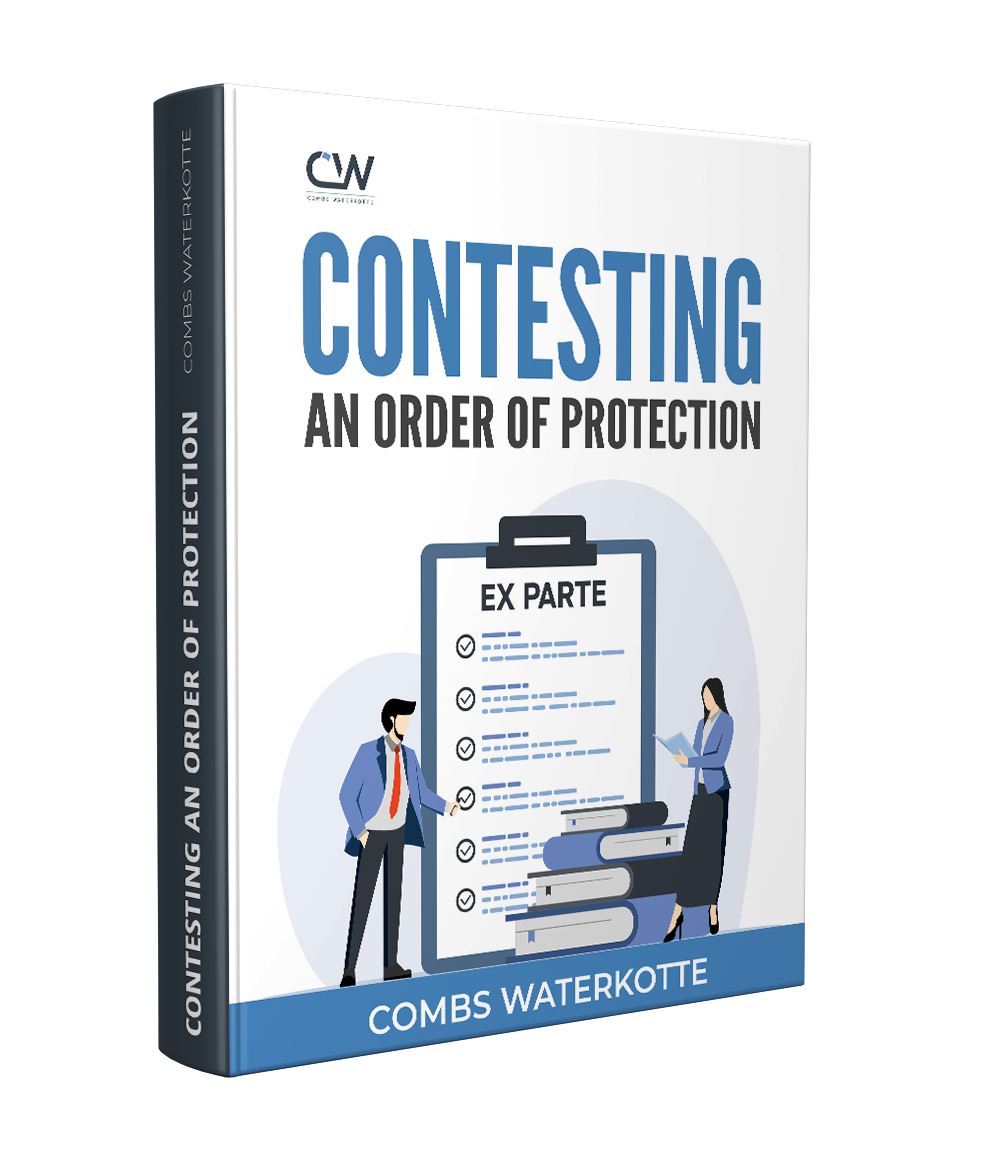Once an order of protection has been dismissed, expired, or resolved, it’s important to take steps to move forward and rebuild your life. This chapter will focus on protecting yourself from future legal issues, restoring your reputation, and accessing resources to help you recover.
Protecting Yourself from Future Orders of Protection
Even after an order is dismissed or expires, it’s essential to avoid any behavior that could lead to future legal issues. Here are some ways to protect yourself:
- Avoid Behavior That Could Be Misinterpreted: Be mindful of your actions and interactions with the petitioner, even after the order is no longer in effect. Avoid any behavior that could be seen as harassment, stalking, or violating boundaries, such as showing up unexpectedly or trying to initiate contact. You need to respect the boundaries that were set during the process to prevent any further misunderstandings.
- Strict Compliance with the Order: While the order is in effect, comply fully with its terms, even if you disagree with them. Violating the order can result in criminal charges and make it more difficult to defend yourself in the future if another order is filed. If the court sees that you respected the legal boundaries, it will reflect better on you in case of any future disputes.
Restoring Your Reputation After an Order of Protection
Having an order of protection filed against you, even if it is dismissed, can affect your personal and professional life. Taking proactive steps to restore your reputation is important:
- Correcting Public Records: Once the order has been dismissed or expired, you may want to check public records to ensure they are updated. If your case was dismissed, make sure that any relevant documentation reflects this outcome, especially if it impacts job applications, housing, or other areas of your life.
- Addressing Issues with Employers: If your employer became aware of the order and it affected your professional standing, consider having a conversation to explain the resolution. Providing documentation of the dismissal or the expiration of the order may help clear up any concerns your employer might have had.
Available Resources and Support
Navigating the emotional and legal challenges of having an order of protection filed against you can be overwhelming. There are resources that can help you cope and rebuild:
- Legal Aid: While possibly not to the same level of advocacy as an experienced order of protection defense attorney, free or low-cost legal services are available to help you understand your rights and navigate any future legal issues. They can also assist with modifying or dismissing orders and advising you on how to protect yourself moving forward.
- Counseling Services: Dealing with the stress of a protection order can take an emotional toll. Counseling services, whether through a therapist or support group, can help you process your emotions, rebuild your confidence, and manage any residual stress from the experience.
- Support Groups: Connecting with others who have faced similar challenges can provide emotional support and practical advice on how to move forward. Support groups can offer a safe space to share your experiences and learn from others.
By taking these steps, you can move forward with confidence and work toward restoring stability in your personal and professional life. In the next chapter, we’ll explore frequently asked questions and provide a glossary of terms to help clarify any remaining questions about the process.



